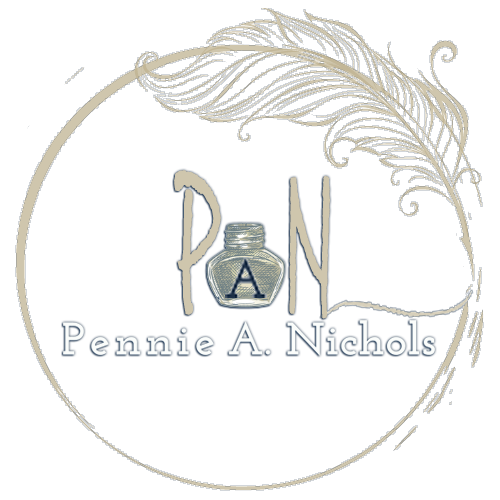—She’s an emotional trollop.
—Emotional trollop? What does that even mean? You’re just making that up because you think it sounds good.
—It does sound good and a little entertaining. But I’m not making up the words. Trollop: a vulgar or disreputable woman. Emotional: arousing or characterized by intense feeling. Real words.
—I meant… you’re making up that phrase. It’s not a real phrase.
—Not a real phrase? Now, you’re the one making stuff up. If you put words together, it’s a phrase. It might be an illogical phrase, a grammatically incorrect phrase, or a nonsensical phrase, but two or more words are by definition a phrase. And my sentence, She is an emotional trollop is neither nonsensical nor illogical. And it is grammatically sound. But mostly, it’s a curious phrase that stirs curiosity. Don’t you want to know about what makes her a trollop and what she does to affect emotions?
—Well, I… But that phrase. I had never heard it before. That’s why I said it’s not real.
—But that’s what I do, what I adore doing: throwing words into unusual partnerships and sequences to catch your attention and pique your interest. I’ve clearly caught your attention, although I’m not sure I piqued your interest. And that’s disappointing, because you know what I love more than stringing words together in unusual and sometimes clever ways?
—What?
—Telling stories. Don’t you want to know the story?
—OK, sure. But don’t try to be so clever all the time. It’s a distraction. Sometimes we don’t need to know what a clever wit you are. We just want to know what the trollop did. And, what’s her name, for chrissakes?
Writing Problems
—That’s a problem sometimes, isn’t it? To have more cleverness than story. And, you caught me. You’re right. I just made up the phrase because it was catchy and clever. I don’t have a story yet. Do you want to help me find it?
—What? That’s backwards!
—Is it?
—You have to start with the story.
—Do I?
—Yes!
—In my experience, it doesn’t always work that way. In fact, it rarely works that way, because the story more often springs from a snippet, crawls out of those two lines of conversation you overhead at the grocery store, rides the ripples from the stone you tossed into a quiet lake, or just pops out of two juxtaposed words: emotional and trollop. I don’t know the story yet, but I know it’s there.
—Good grief, you’re just making shit up.
—Sometimes, but I don’t identify as an inventor. I don’t invent the stories. I would argue that I’m an adventurer who sets out to find them.
—So who is this trollop anyway? Is she you? A relative? A friend?
—Yes.
—And what did she do? It must have been bad.
—Want to follow me on a journey within to find out? Because, honestly, that’s what I live for. To take you on the journey with me.
©Pennie Nichols. All Rights Reserved. 2024


I love that phrase, “emotional trollop,” and it made me click on this to find out the story. Can’t wait to see what comes of it.
Thanks, Leslie
Sure, I want to be on that journey. After all, as soon as you made up that phrase, it winked into being. It’s real. And I want to know its story. Take your time; you’ll find the story, I know. Alana ramblinwitham
As writers, we love to take our readers on a journey. That’s way the first few pages in a novel are so important. I have often read the first paragraph of a novel and put it back on the shelf. And I confess to having rewritten the opening paragraphs of my WIP many times. NOW I am satisfied with those paragraphs.